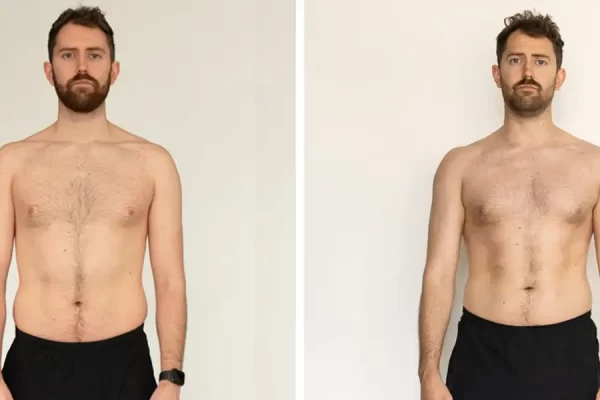To the surprise of many, binge eating disorder is the most common eating disorder in the present time. Initially, people often think that it is just their love for food that is making them eat more. However, an unexpected increase in the eating proportions and frequencies is not usual. It can be a sign of binge eating disorder. Despite its widespread existence and considerable awareness, it often goes unidentified. Doctors providing binge eating treatment suggest that people often mistook binge eating for overeating. Many misconceptions are prevailing about binge eating disorder. This article is an attempt to break these myths and bring to the facts to light.
- It is not a big deal
Binge eating is a serious health condition. It is a mental condition that has to be addressed with the appropriate treatment promptly. It leads to anxiety, depression, and other severe psychological issues. It adversely affects physical health and lifestyle. Binge eating and psychological issues often become a vicious circle that is very difficult to break.
- It is same as over-eating
Although these terms are used interchangeably, they are pretty different. Eating more cookies than you planned or eating bigger portions of your favorite meal does not necessarily indicate binge eating disorder. Eating excessive food to manage the discomfort that you might be feeling within you is surely a sign of the problem.
- It can affect only over-weight people
The onset of binge eating disorder is not related to your body weight and size. However, it is surely coupled with body weight, once it hits you. People with this disorder tend to be too bothered by their weight, size and overall appearance. This results in low self-esteem.
- It is easy to fix – eat less
Binge eating is a mental disorder. It cannot be fixed by altering and adjusting your eating habits. On the contrary, people with binge eating disorder often could not eat less, despite trying enough. This leads to more frustration and elevates the problem to a great extent.
- Dieting and weight-loss can cure binge eating
People think that dieting and weight loss can help binge eating. But the real story is quite different. Many cases of binge eating are rooted in rigorous attempts to weight loss which could not pay off. Dieting restricts eating and this restriction often makes your brain and body crave more.
- It only involves high-fat food
Binge eating can involve any type of food. Some people binge on food which they like while some may crave food which they completely dislike and would never eat. The most common type of food that is associated with binge eating disorder is fad diet food.
- It only affects adults
Binge eating disorder is mostly identified in adults. But the age bracket that it affects is much wider than what you might think. It can also affect children, especially teens. The effect can be in terms of out-of-controlled eating. This type of eating mostly takes the shape of binge eating over time.
- It only affects women
Binge eating has nothing to do with age, sexual orientation, ethnicity, and race. It can affect everyone under the sun. The fact is, men are equally or at least in one-third proportion, affected by binge eating disorder.





